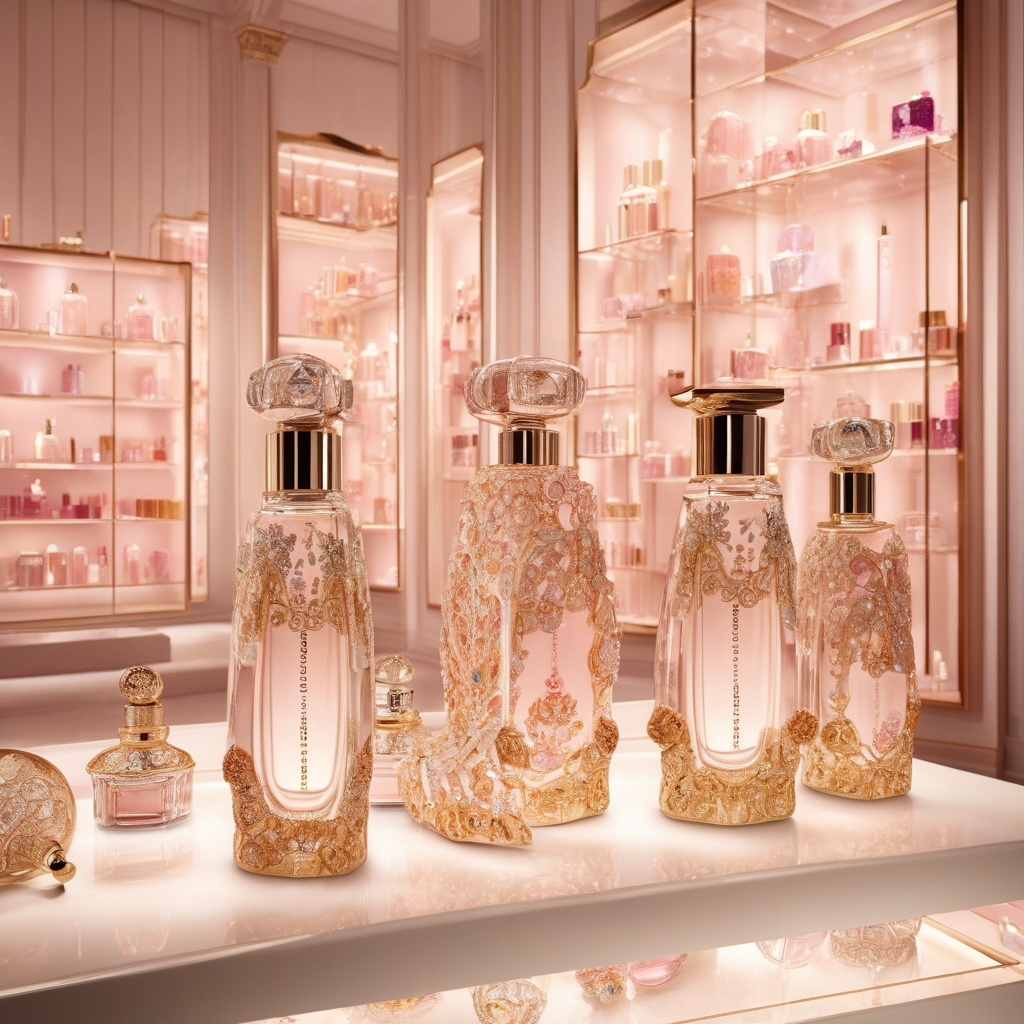Can Designer Perfumes Win Over the Niche Customer?
In the realm of fragrance, the competition between designer perfumes and niche brands has been heating up. Luxury fashion houses such as Bottega Veneta, Balmain, and Rabanne are venturing into the world of ultra-premium scents to tap into the lucrative niche fragrance market. However, they are facing formidable challenges from smaller, more nimble indie brands that have been dominating this space. The question arises: Can designer perfumes successfully win over the discerning niche customer?
One of the key factors that set niche fragrances apart is their exclusivity. These scents are often crafted in limited quantities using high-quality ingredients, appealing to consumers who seek uniqueness and sophistication. Indie brands have capitalized on this by offering innovative and unconventional fragrances that cater to niche tastes, setting themselves apart from the mass-market offerings of designer perfumes.
Luxury fashion houses are now attempting to bridge this gap by introducing their own lines of niche fragrances. By leveraging their brand prestige, heritage, and craftsmanship, designers are aiming to capture a share of the niche market. For example, Bottega Veneta’s “Parco Palladiano” collection and Balmain’s “La Nuit Trésor” line are targeted towards customers who desire luxurious and distinctive scents.
Despite their reputation and resources, designer perfumes face challenges in winning over the niche customer. Indie brands have established a strong connection with their audience through storytelling, personalization, and community engagement. These brands resonate with consumers on a deeper level, creating a loyal following that is hard to replicate. In contrast, luxury fashion houses must navigate the shift towards experiential marketing and digital engagement to connect with the elusive niche customer effectively.
Moreover, niche customers have different expectations compared to mainstream consumers. They value authenticity, creativity, and individuality in a fragrance, seeking out scents that reflect their personality and style. Indie brands excel in offering this level of customization and self-expression, tailoring their products to niche preferences. Designer perfumes need to strike a balance between their brand identity and the evolving demands of the niche market to stay relevant and competitive.
To succeed in winning over the niche customer, designer perfumes must innovate and adapt to changing consumer preferences. Collaboration with master perfumers, artists, and influencers can bring fresh perspectives and creativity to their fragrance offerings. Limited edition releases, experiential events, and personalized services can create a sense of exclusivity and luxury that resonates with niche customers.
In conclusion, the competition between designer perfumes and niche brands is fierce, with both vying for the attention of the discerning fragrance connoisseur. While luxury fashion houses bring their heritage and sophistication to the table, indie brands hold the advantage of agility and authenticity. To win over the niche customer, designer perfumes must embrace innovation, storytelling, and personalization to create unique and compelling fragrances that speak to the individuality of their audience.
#DesignerPerfumes, #NicheCustomer, #FragranceMarket, #LuxuryFashion, #IndieBrands












